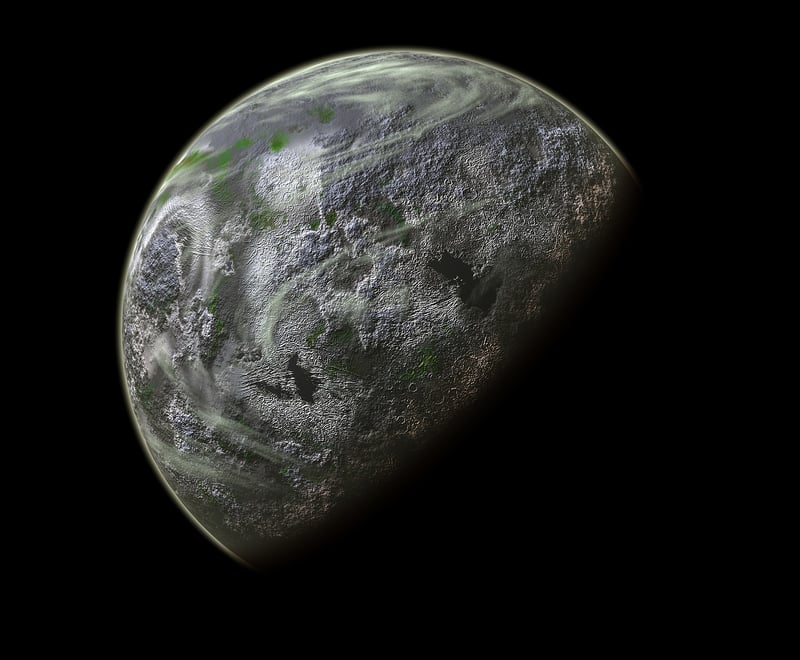Predestination Paradox
Understanding Time Loops and the Predestination Paradox
Time travel has been a popular concept in science fiction for decades, often leading to intriguing plotlines involving time loops and the predestination paradox. These concepts challenge our understanding of causality and the linear flow of time, creating complex and mind-bending narratives that captivate audiences. Let's delve into the intricacies of time loops and the predestination paradox to unravel their mysteries.
Time Loops
A time loop occurs when a certain period of time repeats itself, trapping characters in a cyclical existence where events replay endlessly. This phenomenon is often depicted as a consequence of time travel, where individuals are stuck in a loop, reliving the same moments repeatedly. Time loops raise questions about free will, destiny, and the ability to alter the course of events.
Key Characteristics of Time Loops:
- Repetition of specific events or time periods
- Characters retain memories of previous loops
- Attempts to change outcomes often lead to the same result
- Breakage of the time loop is a central plot point

Predestination Paradox
The predestination paradox, also known as a causal loop, is a theoretical concept in which an event is both the cause and the effect of another event, creating a loop with no discernible origin. In essence, the event exists without a clear beginning, leading to a self-perpetuating cycle where cause and effect are intertwined.
Key Aspects of the Predestination Paradox:
- An event causes itself to happen
- No clear origin or point of creation
- Challenge to traditional notions of cause and effect
- Commonly associated with time travel narratives

Both time loops and the predestination paradox offer a unique perspective on the complexities of time travel and the nature of causality. They push the boundaries of storytelling by exploring themes of fate, choice, and the interconnectedness of events. As audiences continue to be fascinated by the enigmatic nature of time manipulation, these concepts will likely remain central to captivating narratives that challenge our perception of reality.
